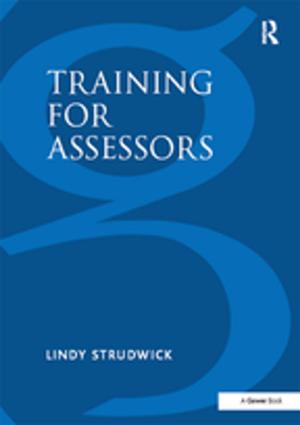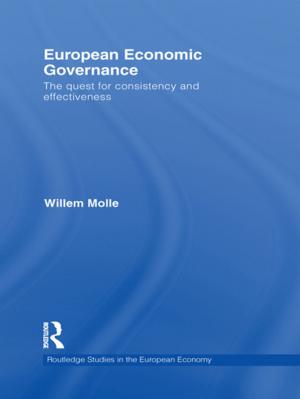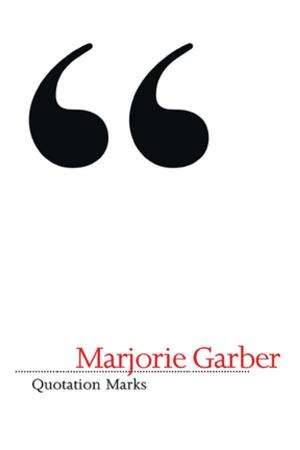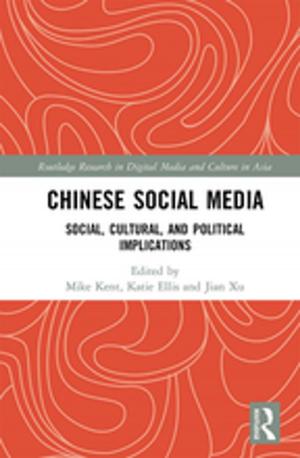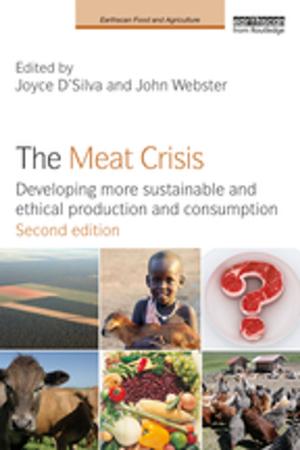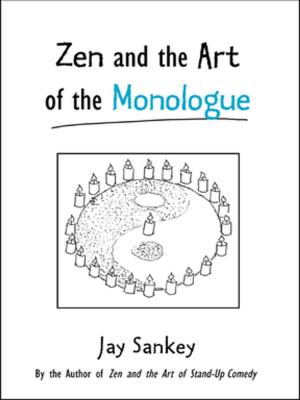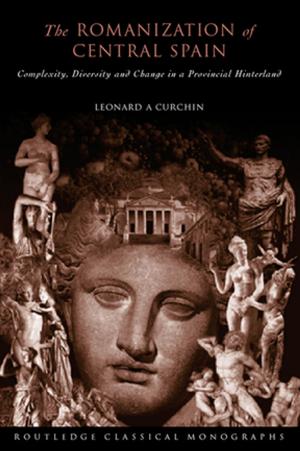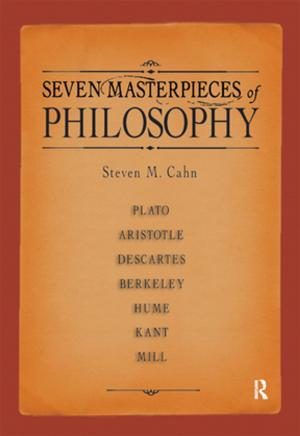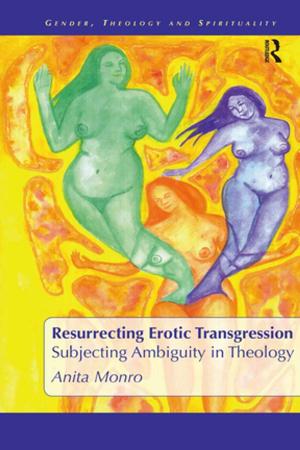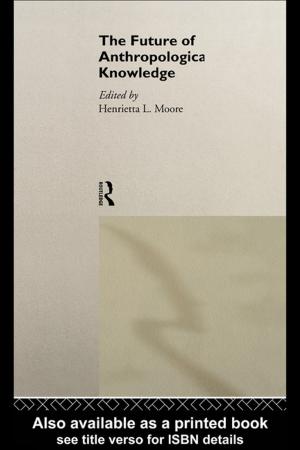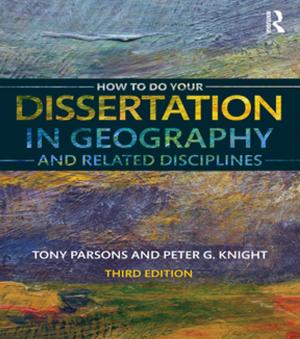Ecclesiastes and the Riddle of Authorship
Nonfiction, Religion & Spirituality, Bible & Bible Studies, Old Testament, Criticism & Interpretation| Author: | Thomas M. Bolin | ISBN: | 9781317297604 |
| Publisher: | Taylor and Francis | Publication: | March 27, 2017 |
| Imprint: | Routledge | Language: | English |
| Author: | Thomas M. Bolin |
| ISBN: | 9781317297604 |
| Publisher: | Taylor and Francis |
| Publication: | March 27, 2017 |
| Imprint: | Routledge |
| Language: | English |
In Ecclesiastes, the authorial voice of Qohelet presents an identity that has challenged readers for centuries. This book offers a reception history of the different ways readers have constructed Qohelet as an author. Previous reception histories of Ecclesiastes group readings into "premodern" and "critical," or separate Jewish from Christian readings. In deliberate contrast, this analysis arranges readings thematically according to the interpretive potential inherent in the text, a method of biblical reception history articulated by Brennan Breed. Doing so erases the artificial distinctions between so-called scholarly and confessional readings and highlights the fact that many modern academic readings of the authorship of Ecclesiastes travel in well-worn interpretive paths that long predate the rise of critical scholarship. Thus this book offers a reminder that, while critical biblical scholarship is an essential part of the interpretive task, academic readings are themselves indebted to the Bible’s reception history and a part of it.
In Ecclesiastes, the authorial voice of Qohelet presents an identity that has challenged readers for centuries. This book offers a reception history of the different ways readers have constructed Qohelet as an author. Previous reception histories of Ecclesiastes group readings into "premodern" and "critical," or separate Jewish from Christian readings. In deliberate contrast, this analysis arranges readings thematically according to the interpretive potential inherent in the text, a method of biblical reception history articulated by Brennan Breed. Doing so erases the artificial distinctions between so-called scholarly and confessional readings and highlights the fact that many modern academic readings of the authorship of Ecclesiastes travel in well-worn interpretive paths that long predate the rise of critical scholarship. Thus this book offers a reminder that, while critical biblical scholarship is an essential part of the interpretive task, academic readings are themselves indebted to the Bible’s reception history and a part of it.


